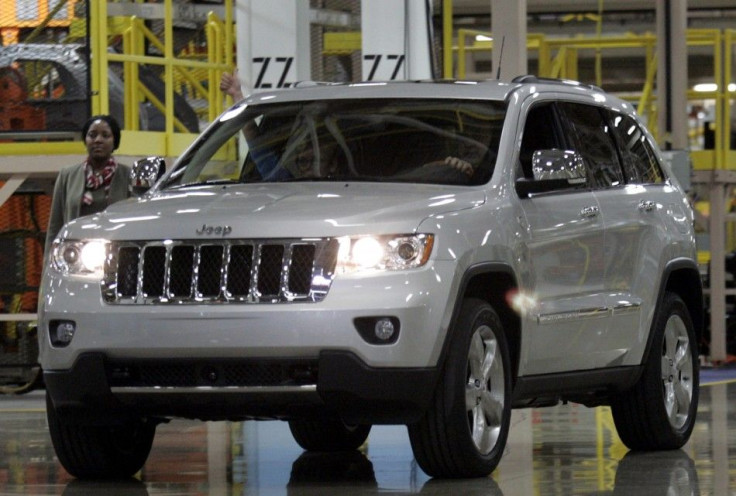Revived U.S. Auto Sector Outpacing Rest of Economy

In the early weeks of the Great Recession, the image of chastened car executives imploring Congress to save their stricken companies became an image of the crisis. A few years later, the auto industry is a bright spot in a still sputtering U.S. recovery.
Car makers are hiring more workers and growing faster than the rest of the U.S. economy, outpacing industries that include health care and airplane manufacturing, The Associated Press reported. In June of 2009, the year General Motors and Chrysler declared bankruptcy and received big influxes of government cash, the American auto industry employed about 623,000 people. That number is now close to 700,000, and while the industry is unlikely to reach its historic peak of around one million employees, it is still a stunning turnaround.
While some employment indicators are still grim, Americans have begun purchasing cars again. That demand has led car companies to beef-up on employees they had shed when times were tougher.
Everybody got so lean and mean during the downturn that they're trying to rebuild staff, said Charles Chesbrough, a senior economist with IHS Automotive.
The new hiring has also been made possible by employers slashing wages, in the case of some Detroit carmakers to half of what they had made before. Joe Ashton, vice president of the United Autoworkers Union, said that it was a necessary compromise, and one he would agree to again if it meant putting people back to work.
We're willing to discuss anything that creates jobs, Ashton said.
U.S. President Barack Obama touted the industry's gains recently during a speech at a Chrysler plant in Toledo, Ohio, attributing the company's improbable turnaround to government assistance.
This industry is back on its feet, repaying its debts, gaining ground, Obama said.
© Copyright IBTimes 2024. All rights reserved.











